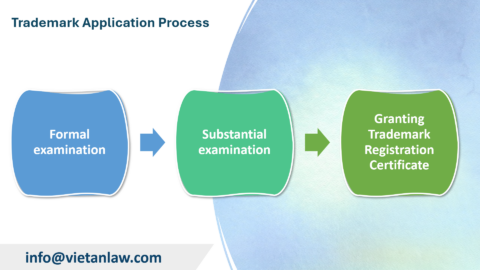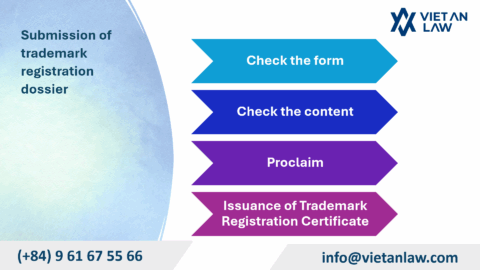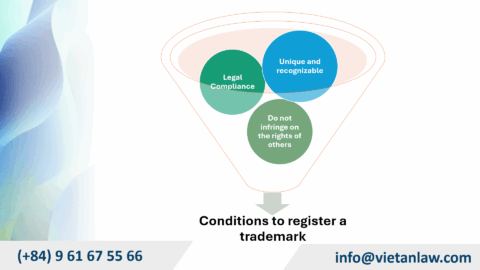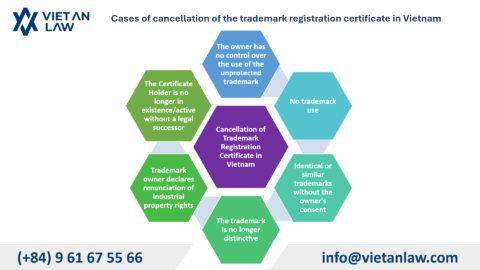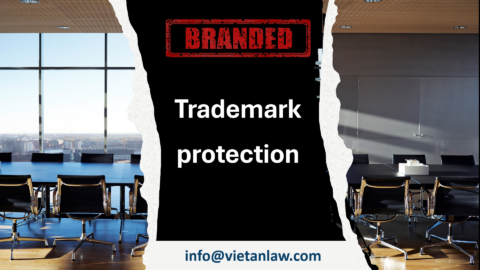Due to the importance of trademarks in economic development in general and for each owner in particular, Vietnamese law has regulations on procedures for trademark registration at competent state agencies. However, in some cases, a trademark may be requested to be invalidated. Viet An Law Firm has compiled legal issues to answer the question related to trademark invalidation in Vietnam.
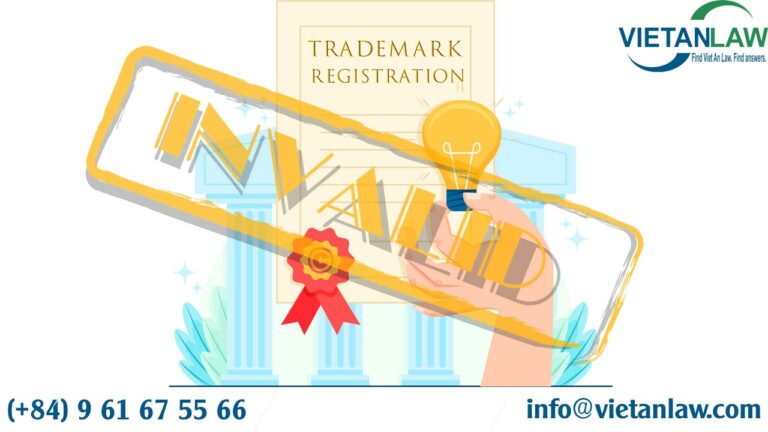
Intellectual property law has so far not defined the invalidation of trademarks. However, basically, it can be understood that the invalidation of a trademark is the deletion of the legal value of the trademark registration certificate issued by a competent authority when one of the bases for void according to the provisions of the law.
The trademark registration certificate will have absolutely no legal value from the time of issuance, accordingly, all legal rights and obligations established on the basis of the trademark registration certificate will also not be recognized. Thus, invalidating a trademark registration certificate can be defined as follows:
“Invalidation of a trademark is a procedure conducted by a competent state agency based on the request of an organization or individual to completely erase the legal value of a trademark registration certificate from the time the trademark registration certificate is issued when one of the grounds for invalidation appears according to the provisions of law.”
Clause 1, Article 96 of the Intellectual Property Law stipulates that there is only one case where a trademark will be completely invalidated if: The applicant applies for trademark registration with bad faith.
This case involves the use of a trademark to disappoint or deceive consumers. If a person applies for trademark registration with the intention of cheating, misleading consumers, or creating a fake trademark to take advantage of another person’s trademark, the trademark registration certificate will be canceled. This is to protect consumer rights and ensure transparency in the market.
In addition to the case where a trademark is completely invalidated according to Clause 1, Article 96 of the Intellectual Property Law, in Clause 2, Article 96, cases where a trademark may be partially or completely invalidated are recorded as follows:
This basis includes two conditions that must be satisfied :
“Registration right” here can be understood as the legal ability allowing individuals and organizations to request a competent state agency to issue a trademark registration certificate for their trademark. Accordingly, the right to register a trademark is stipulated in Article 87 of the Intellectual Property Law. Based on this regulation, the case of invalidation of a trademark due to the applicant not having the right to register and not being able to transfer the right to register the trademark can be inferred as follows:
A trademark can be invalidated if the organization or individual requesting a trademark registration certificate does not have the right to register the trademark. At the same time, that subject may not transfer the right to register the trademark from the subject with the right to register. An example case can be given as follows:
For example: An organization or individual conducting legal commercial activities registers a trademark for a product that it brings to the market but is produced by someone else and this trademark has been used by the manufacturer for the product. In addition, a trademark can also be invalidated if there are grounds to prove that although the manufacturer does not use the trademark for the product, they do not allow organizations or individuals conducting lawful commercial activities to register trademarks for products they produce that these individuals and organizations bring to the market.
According to the law, a trademark does not meet the protection conditions when it falls into one of the following cases:
Thus, the signs cannot be recognized by sight and cannot be fixed in the form of the factors listed above, making it impossible for consumers to choose goods and services through observation. will be considered a sign that does not meet the protection conditions and therefore, the trademark registration certificate issued for these signs will be invalidated.
The basic function of a trademark is to distinguish goods and services of different organizations and individuals, therefore, a protected trademark must be able to distinguish. Therefore, trademark registration certificates issued for signs that cannot distinguish the owner’s goods or services from those of other entities will also be invalidated. Evaluating a sign’s lack of distinctiveness as a basis for invalidating a trademark requires consideration from two perspectives: (1) the sign’s inability to distinguish itself and (2) the sign’s identical or confusingly similar to one of the objects under the scope of intellectual property protection of another subject.
In addition to cases of invalidation of trademarks due to their lack of distinctiveness, the law also stipulates the invalidation of trademarks to ensure the interests of countries and international organizations, benefits of the community as well and in accordance with the culture and ethics of each nation.
Pursuant to Clause 1, Article 8 of the Intellectual Property Law, it can be understood that a trademark will be invalidated if it is contrary to social ethics, public order, or harmful to national defense and security. In addition, trademarks containing signs that are not protected as trademarks under Article 73 of the Intellectual Property Law are also subject to invalidation.
Above is a detailed article on the issue of trademark invalidation in Vietnam. If you have any difficulties related to intellectual property law, please contact Viet An Law Firm for specific and detailed advice!
